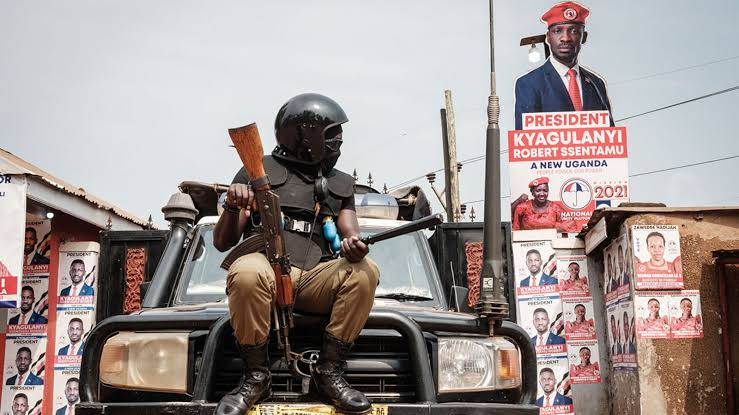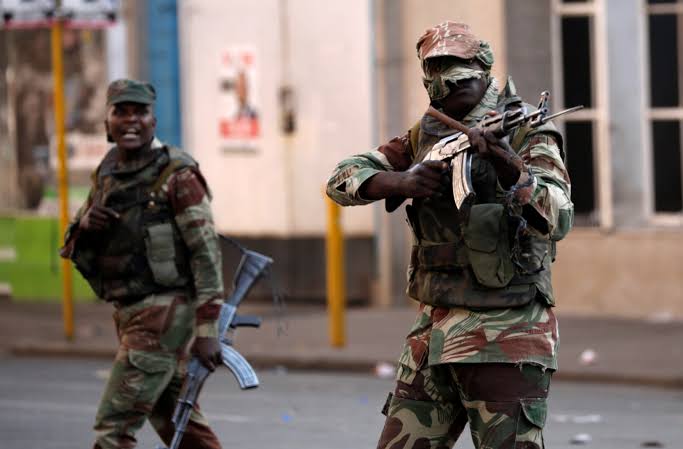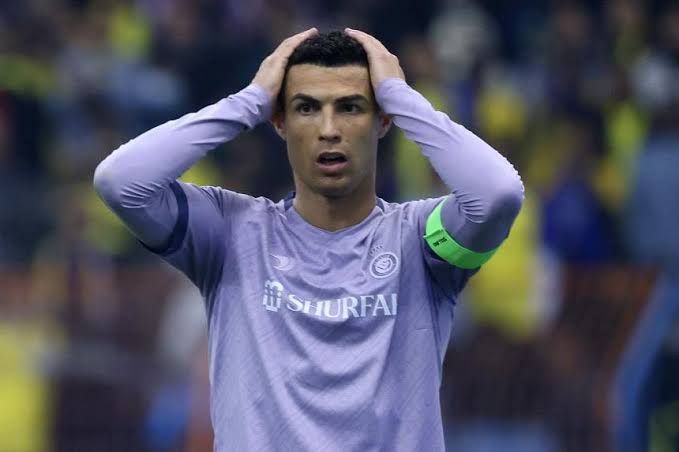
Faith Nyasuguta
A fresh report on African governance released on Wednesday has revealed that much of the continent is “less safe, secure and democratic” than it was 10 years ago, citing a surge in military coups and armed conflicts.
The democratic slip now threatens to reverse decades of progress made in Africa, according to an index of governance compiled by the Mo Ibrahim Foundation that notes 23 successful and attempted coups since 2012.
“This phenomenon of coup d’etats that was common in the ’80s seems to have become fashionable again in certain parts of Africa,” said Ibrahim, a British billionaire born in Sudan who is using his fortune to promote democracy and political accountability in Africa.
According to the foundation’s report, eight successful coups have happened just since 2019. Both Mali and neighboring Burkina Faso have seen two each during that time, further destabilizing a part of the world already under siege by Islamic militants.
Prevalent security issues

The report’s authors also revealed that in overall, security problems are pervasive: Over the past decade, nearly 70% of Africans saw security and rule of law decrease in their countries, they said.
More than 30 countries declined in this category, according to the index.
Government violence against civilians and political unrest increased across Africa since the COVID-19 pandemic began, the report says, with governments using restrictions to clamp down on dissent.
“Although this trend predates the pandemic, existing antidemocratic tendencies have been accelerated by the introduction of restrictive measures and emergency provisions that have been left in place for an extended time period,” it said.
The index did chart some improvements in some economic, education and gender equity categories, Ibrahim said.
However, the report only analyzed data through the end of 2021 so did not take into account the full impact of the global COVID-19 pandemic.




